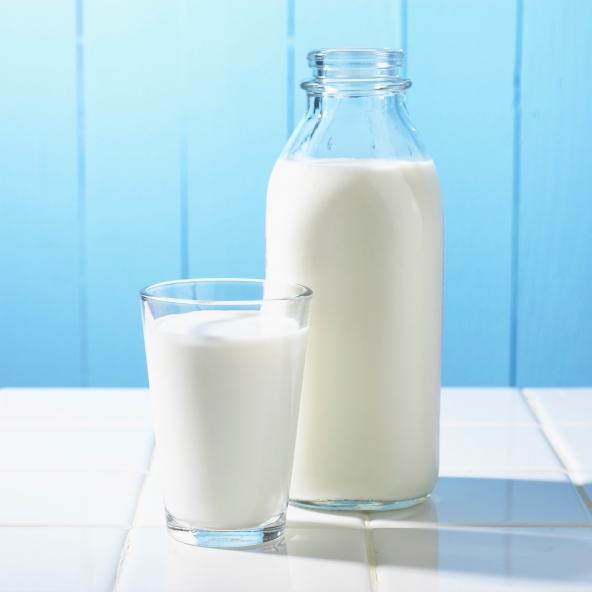Many people, including some vegetarians, still consume substantial amounts of dairy products—and government policies still promote them—despite scientific evidence that questions their health bene
While milk has its health benefits,some dangers are also associated to its frequent consumption such as:
Milk production ultimately leads to climate change.
The dairy industry is an extension of the beef industry,this means it plays a major role in creating climate change.
According to a UN report, cows are leading contributors to climate change and thia accounts for putting out 18% of the world’s carbon dioxide, cows emit more greenhouse gases than cars, planes, and all other forms of transportation combined.” That means the industry of exploiting all cows—including dairy cows—involves destructive practices like deforestation and polluting offshoots like runoff.
Cow’s milk is for cows
The biochemical make-up of cow’s milk is perfectly suited to turn a 65-pound newborn calf into a 400-pound cow in one year. It contains, for example, three times more protein and seven times more mineral content while human milk has 10 times as much essential fatty acids, three times as much selenium, and half the calcium. Some may like cow’s milk but drinking it is both unnecessary and potentially harmful.
Milk is actually a poor source for dietary calcium.
Humans, like cows, get all the calcium they need from a plant-based diet.
Milk may increase the likelihood of osteoporosis.
It is still widely accepted that the calcium in dairy products will strengthen our bones and help prevent osteoporosis, but studies show that foods originating from animal sources (like milk) make the blood acidic. When this occurs, the blood leeches calcium from the bones to increase alkalinity. While this works wonders for the pH balance of your blood, it sets your calcium-depleted bones up for osteoporosis.
Milk makes you fat.
In 2005, the Harvard School of Public Health had this to say on the consumption of dairy products: “Three glasses of low-fat milk add more than 300 calories a day. This is a real issue for the millions of people who are trying to control their weight, also small amounts of milk or dairy products give them stomach aches, gas, or other problems.”
In conclusion, Milk and dairy products are not necessary in the diet and can, in fact, be harmful to health. It is best to consume a healthful diet of grains, fruits, vegetables, legumes, and fortified foods including cereals and juices. These nutrient-dense foods can help you meet your calcium, potassium, riboflavin, and vitamin D requirements with ease—and without facing the health risks associated with dairy product consumption.




 Premier League
Premier League